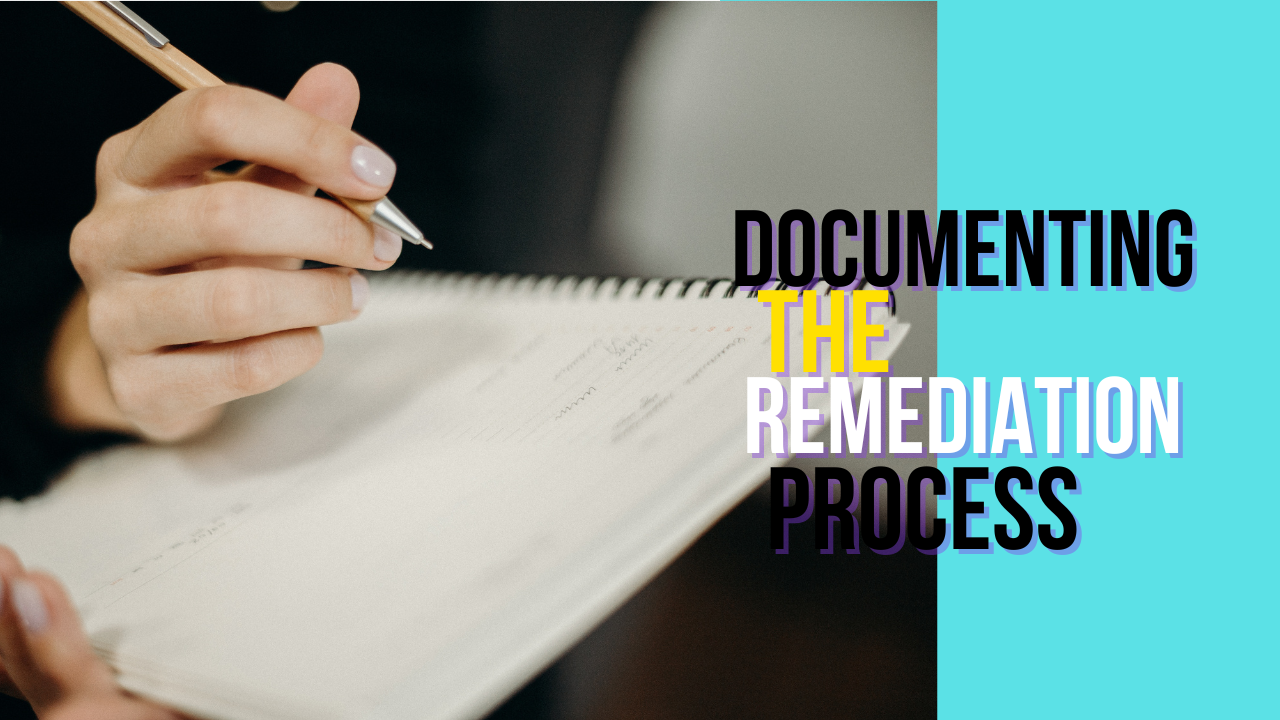3 Simple Strategies to Documenting the Resident Remediation Process (Without Legal Headaches)
Aug 27, 2025
If you’ve ever dug through a six-month-old email chain trying to figure out what was actually said in a remediation meeting, you know this truth: documentation is everything.
Clear documentation is the backbone of a fair and defensible resident remediation process. It protects the resident, safeguards your residency program, and reduces the risk of disputes or legal challenges. The mistake most programs make? Treating documentation as “extra.” Let’s change that with three simple strategies.
Why Documentation Matters in Resident Remediation
Imagine this: a resident is placed on remediation for professionalism concerns. Expectations are set, the plan is written, and the team feels confident that the resident understands the action items required.
Fast-forward a few months and the resident fails to complete a required task, stating:
- “No one told me I needed to do that.”
- “I don’t remember that being in the plan.”
If you don’t have detailed documentation of your meetings and conversations with the resident, then your Clinical Competency Committee (CCC) is stuck. Vague notes like “talked with resident” don’t cut it. Without clear evidence, you’re left in a he said, she said standoff. This is why strong remediation documentation strategies are crucial. They reduce legal risk and ensure your residency program’s decisions are defensible.
Best Practice #1: Document in Real Time
- Assign someone to take meeting minutes (not the person leading the discussion).
- Use a standardized template every time.
- Store notes (paper and electronic) in a secure location.
Think of this as building timestamped receipts for your residency program. If it’s not in writing, it didn’t happen.
Best Practice #2: Stick to the Facts
Subjective statements make your program vulnerable. Only statements based on observable or objective data are defensible.
Bad Documentation: “Resident had a bad attitude.”
Good Documentation: “Resident rolled their eyes during the meeting and left the room without responding.”
When documenting remediation, be sure to stick to the facts. Include direct quotes and document observable behaviors. Avoid adding your own opinion or interpretation.
Best Practice #3: Send Follow-Up Summaries
After every remediation meeting, send a brief email to the resident and the remediation team. Be sure to Include the following:
- What was discussed
- Clear next steps
- Confirmation for the resident’s records
This “closed-loop communication” prevents confusion and reinforces accountability.
Even with a solid remediation plan, programs often miss critical details in their documentation. The question is: would your process hold up if it were ever challenged? Find out with the free Resident Remediation Risk Assessment — it only takes a few minutes and highlights where gaps may be putting your program at risk. →Take the Assessment
Why This Reduces Risk for Residency Programs
Strong documentation doesn’t just protect your faculty and program; it also ensures that remediation is transparent and fair for the resident.
Vague notes leave your program at risk. Documentation that is factual, organized, and free of subjective information strengthens your credibility with the CCC, the GME office, and legal counsel.
Quick Recap
To safeguard your residency program and reduce risk, follow these three steps:
- Document in real time with a template.
- Stick to the facts. Make sure the information is objective and defensible.
- Send follow-up summaries after every meeting.
Remember, documentation isn’t optional in remediation. It’s the best protection for your program and residents!
For a comprehensive overview of remediation best practices, visit the Resident Remediation Guide:
Resident Remediation Guide
Written by Dr. Nicole McGuire (Doc Mac), Education Specialist at a Family Medicine Residency and Founder of Doc Mac Learning. Through her ELEVATE framework, she helps residency programs create remediation plans that are fair, defensible, and effective.
Worried about your remediation process? Take the free Resident Remediation Risk Assessment → See Where You Stand

